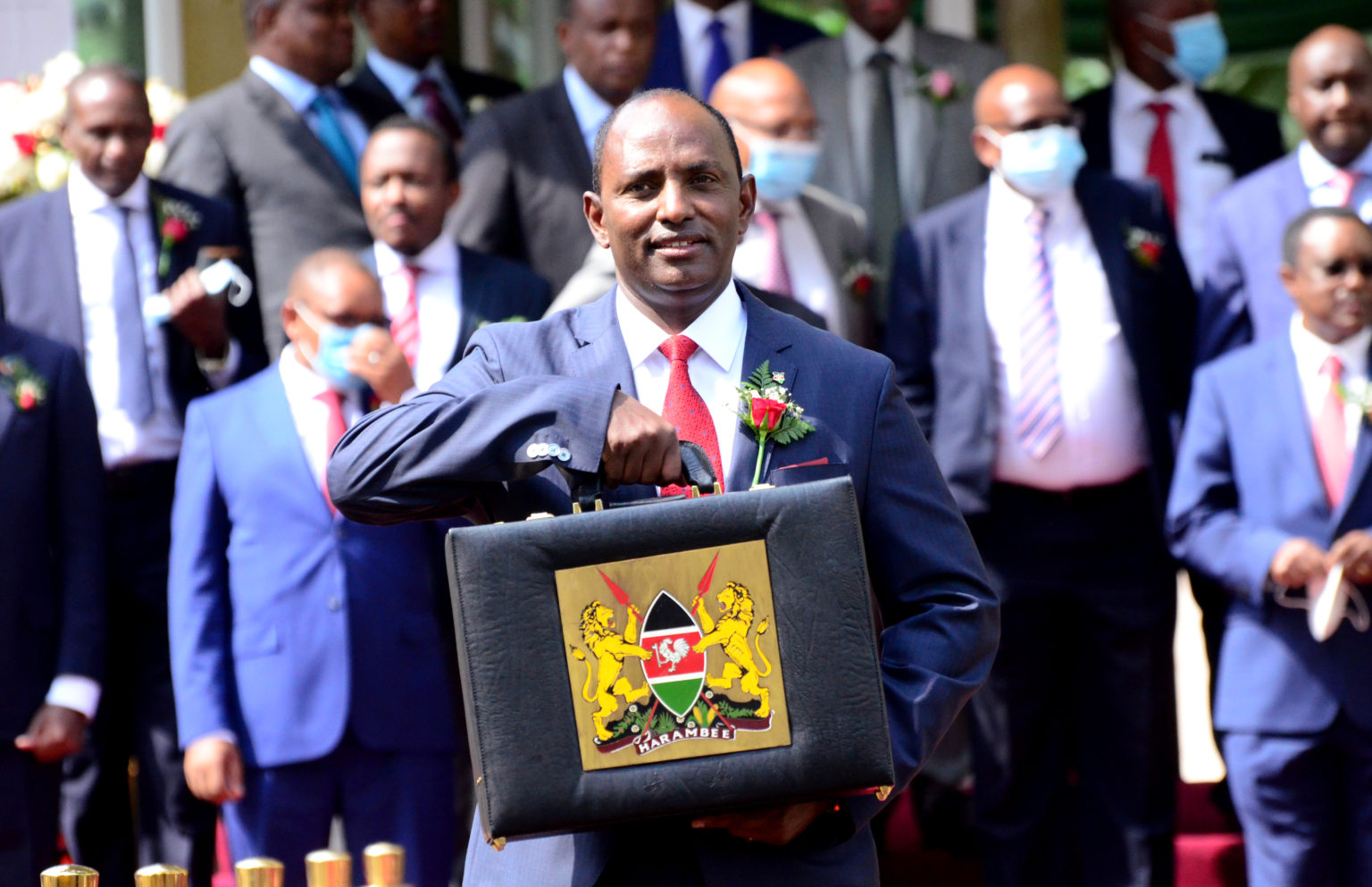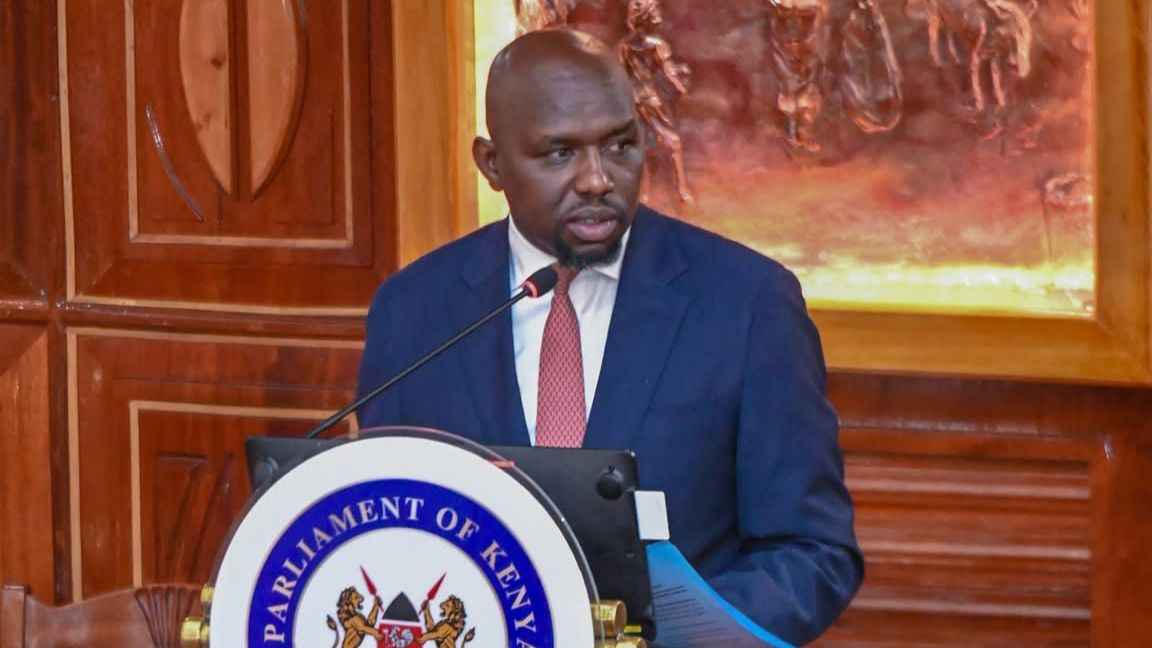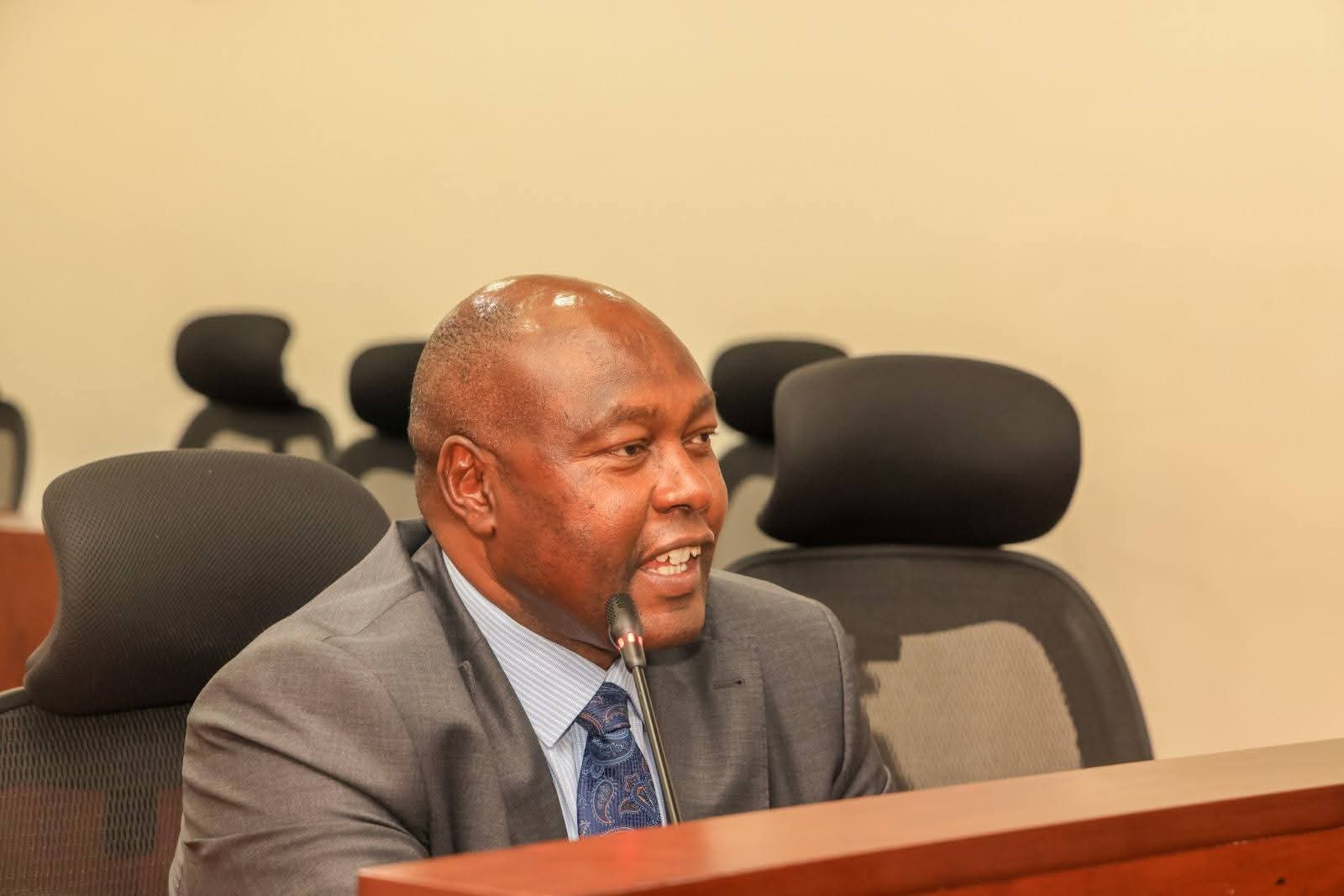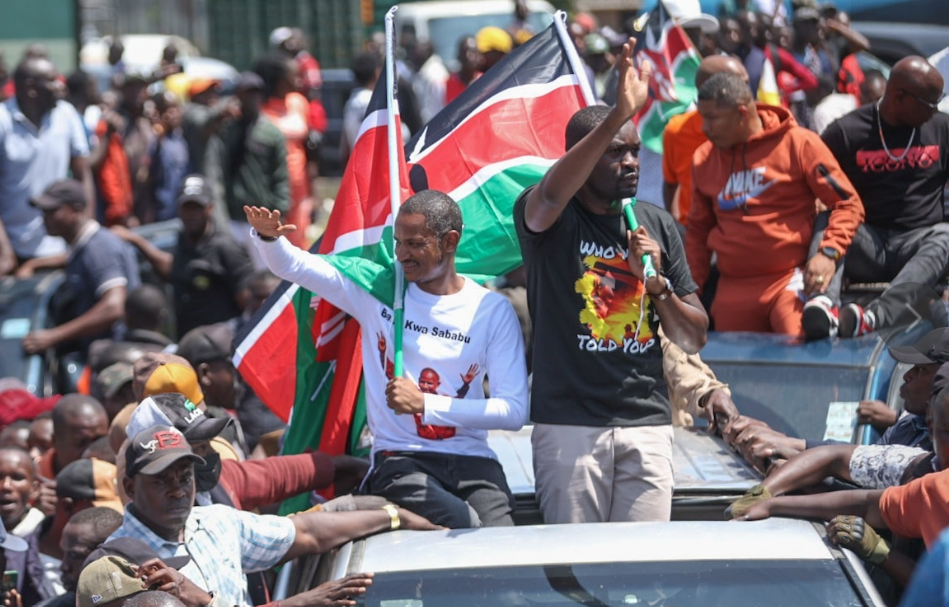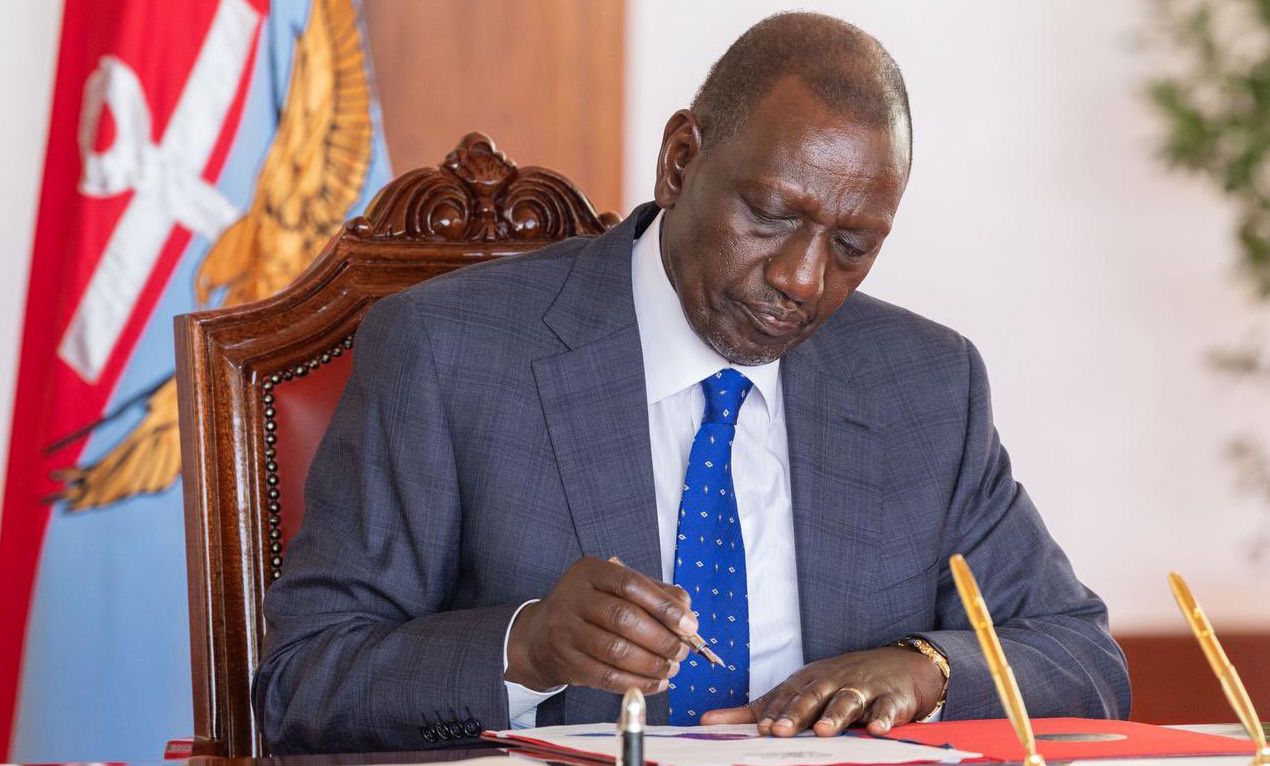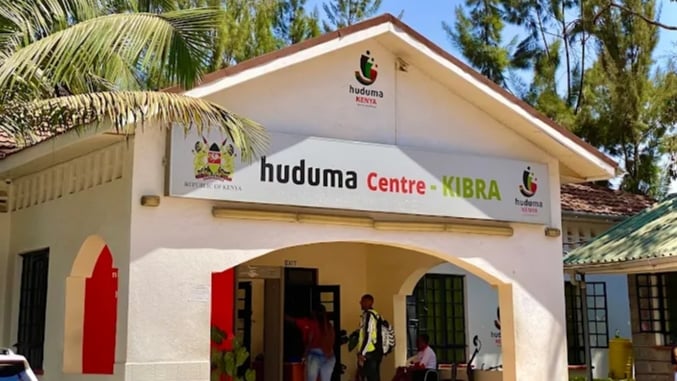National Treasury Cabinet Secretary Ukur Yatani will on Thursday, June 10, 2021, read the budget allocations for the 2021/22 financial year.
Members of the public along with a section of leaders have raised concerns over the high taxes which have continued to cripple the business community in Kenya while oppressing the low-income earners.
The budget estimate is set at Ksh3.6 trillion, and with the government allegedly "broke", the burden of the cost of the budget is set to fall on members of the public.
Ndhiwa Member of Parliament Martin Owino opposed the Treasury's move to increase taxes on essential commodities.
He urged CS Yatani to broaden the tax scope beyond excise tax, and Value Added Tax (VAT), and enable rich individuals and companies pay more taxes as well.
Read More
"This small man needs a space to breath and pay taxes later. We cannot do more taxes on basic commodities. You will strangle people and they will not be able to pay.
"Even SMEs, give them tax breaks. That is how you build the economy. But taxing them so that you have money which will not even trickle back to them, you are killing the tax base," Owino stated.
He urged fellow parliamentarians to review the budget with the state of the taxpayers in mind.
"I am not happy with the tax, I know we did pass the policy, but we will look at it again. Policies are not final, we can amend them. I am not happy the way this taxation is touching the common man," he stated.
Members of the public who have since spoken to the media, urged that the government hear their plea and cut back on taxes imposed on basic commodities.
"My expectations as the government reveals the budget today is that they reduce the prices of basic products like bread, milk. Fuel prices are hiking and everything becomes expensive.
"Especially during this Covid-19 period, a lot of people lost jobs and others took salary cuts, so I would like the government to ease off on the taxation of basic commodities," Caroline Orwa Odera, a Kisumu resident told NTV.
She also appealed that the government take into consideration medical practitioners and their persistent appeals for PPEs as they combat the Covid-19 pandemic.
